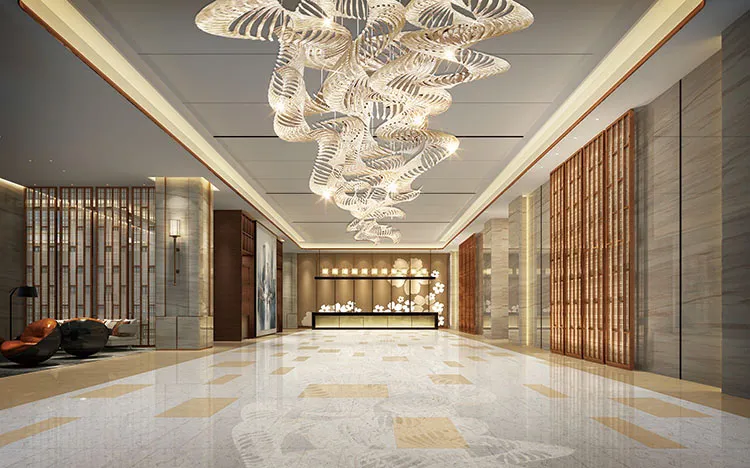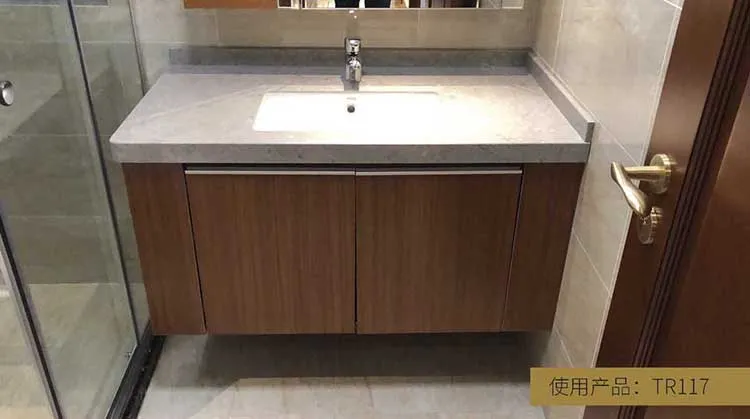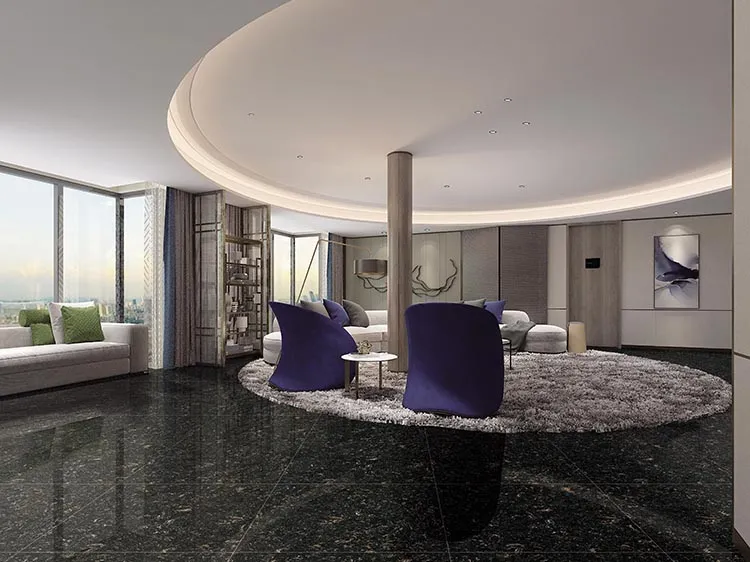In recent years, artificial stone countertops have become a popular choice in home decoration due to their beauty, durability, and easy cleaning. However, surprisingly, some countries and regions have taken measures to ban artificial stone countertops. This phenomenon has aroused widespread attention and discussion.
This article will explore the reasons why these countries ban the use of artificial stone countertops, and analyze them from multiple angles such as health risks, environmental considerations, production processes, and policies and regulations.

Why do some countries ban the use of engineered stone countertops?
Reasons for banning the use of engineered stone countertops:
1. The threat of silicosis:
One of the main components of engineered stone countertops is quartz sand, a mineral containing a large amount of silicon dioxide. In the process of manufacturing and processing artificial stone, cutting, polishing and other processes will produce a large amount of fine quartz dust. If quartz dust is inhaled by workers for a long time, it will cause a serious occupational disease-silicosis. Silicosis is an irreversible lung disease, the main symptoms of which include difficulty breathing, coughing, fatigue, etc., and in severe cases, it may even lead to death.
Some countries, such as Australia and Spain, have reported multiple cases of silicosis associated with artificial stone processing, which has attracted widespread attention. Public health agencies and labor protection departments in these countries have therefore strengthened supervision of the artificial stone manufacturing and processing industry, and even taken measures to ban the use of artificial stone countertops to protect the health of workers.
2. Pollution during the manufacturing process:
The manufacturing process of artificial stone countertops involves the use of chemical materials such as resins and pigments, which may release volatile organic compounds (VOCs) and other harmful gases during production and processing. These harmful substances not only pose a threat to workers' health, but also pollute the environment.
In addition, if the wastewater and waste residues generated during the production of artificial stone are not effectively treated, they will pollute water bodies and soil and destroy the ecological balance when discharged into the environment. Faced with increasingly serious environmental problems, some countries choose to control pollution at the source and ban the use of artificial stone countertops that may cause environmental harm.

3. High energy consumption and waste of resources:
The production process of artificial stone involves high temperature and high pressure molding, which requires a lot of energy. In addition, the mining and processing of raw materials such as quartz sand also consumes a lot of resources. Today, with energy shortage and resource conservation becoming increasingly important, high energy consumption and resource waste have become another important reason for some countries to ban artificial stone countertops.
4. Challenges of recycling:
Although engineered stone countertops perform well during use, their recycling faces challenges. Since artificial stone is composed of a variety of materials, the disassembly and separation process is complicated and costly, and many discarded artificial stone countertops can only be landfilled, further increasing the pressure on solid waste disposal.

5. Labor protection regulations:
Some countries and regions have strict regulations and standards on labor protection, requiring enterprises to take effective measures to prevent occupational diseases and work-related accidents. Due to the high risk of silicosis in the processing of artificial stone countertops, the labor protection agencies in these countries have formulated strict protective measures and even directly banned the use of artificial stone countertops to ensure the safety of workers.
6. Environmental protection regulations:
With the global emphasis on environmental protection, many countries and regions have introduced strict environmental protection regulations to restrict or prohibit the use of materials and products that are potentially harmful to the environment. Engineered stone countertops have become the subject of environmental protection regulations in some countries due to pollution problems in their production and processing.
7. Industry response and adjustment:
Faced with the ban, the artificial stone industry is also actively seeking countermeasures. Some companies have begun to develop and promote environmentally friendly artificial stone products, using low-VOC resins and environmentally friendly pigments, improving production processes, and reducing dust and harmful gas emissions. At the same time, industry associations and professional organizations are also strengthening occupational disease prevention publicity, promoting safety production standards and protective equipment to reduce the risk of workers suffering from silicosis.

Conclusion
The wide application of engineered stone countertops in home decoration has demonstrated its unique advantages. However, the exposure of health risks and environmental problems has led some countries to take measures to ban it. This phenomenon reminds us that the choice of home products should not only consider beauty and practicality, but also pay attention to its impact on health and the environment.
When purchasing countertop materials, consumers should give priority to products that have passed environmental certification and have a good reputation, and pay attention to the environmental protection and safety production measures of the manufacturers. Only under the premise of ensuring health and the environment can we truly enjoy the comfort and convenience brought by a better life.

